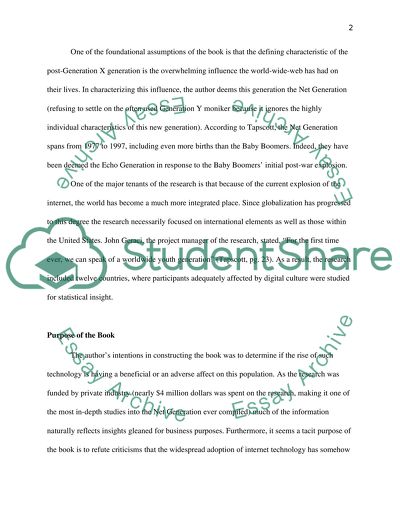Cite this document
(“Book review Essay Example | Topics and Well Written Essays - 3000 words”, n.d.)
Book review Essay Example | Topics and Well Written Essays - 3000 words. Retrieved from https://studentshare.org/miscellaneous/1563631-book-review
Book review Essay Example | Topics and Well Written Essays - 3000 words. Retrieved from https://studentshare.org/miscellaneous/1563631-book-review
(Book Review Essay Example | Topics and Well Written Essays - 3000 Words)
Book Review Essay Example | Topics and Well Written Essays - 3000 Words. https://studentshare.org/miscellaneous/1563631-book-review.
Book Review Essay Example | Topics and Well Written Essays - 3000 Words. https://studentshare.org/miscellaneous/1563631-book-review.
“Book Review Essay Example | Topics and Well Written Essays - 3000 Words”, n.d. https://studentshare.org/miscellaneous/1563631-book-review.


